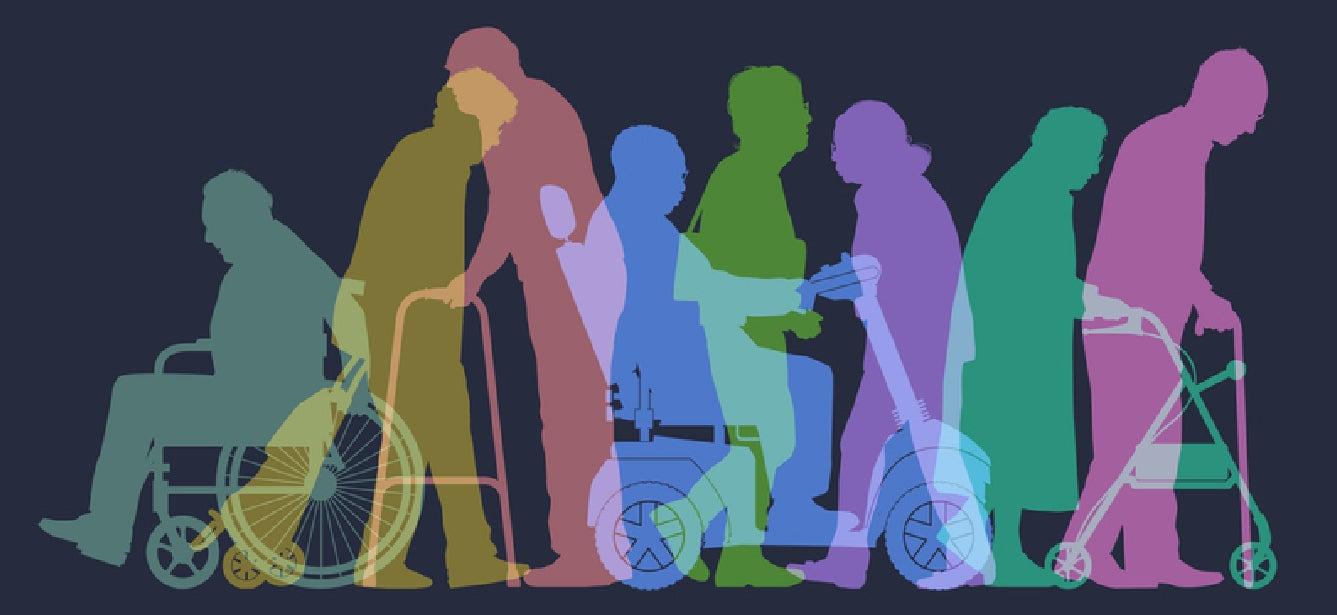
Related Topics
For some older adults, a nursing home may be a temporary home while they recover from an illness, while for others it’s the best long-term option to get 24-hour care when it becomes difficult to live on their own. But whether it’s a new home or new home for now, you still have the right to be treated with respect and the free will to make choices such as when you sleep and when you eat. As you transition into a new environment, it’s important to know all of your resident rights before and after you move in to enjoy a good quality of life.
What do I have a right to know before moving into a nursing home?
As a future resident, you have the right to know in advance about a nursing home’s costs, as well as its safety records. According to the Centers for Medicare & Medicaid Services (CMS), a nursing home must do the following:1
- Inform you of all expected nursing home charges and fees
- Tell you how to use Medicare or Medicaid benefits
- Never charge entrance fees to anyone using Medicare or Medicaid to pay for nursing home care
- Provide safety inspection records upon request
You also have the right to manage your money the way you’d like, which may include giving the nursing home written permission to hold onto your funds. But the nursing home is accountable for protecting the money you spend on care and cannot combine your money with the nursing home’s overall funds.1
Once you’re settled, it’s important to know your rights when it comes to your privacy, living spaces and medical care.
What are my privacy rights in a nursing home?
Nursing home residents have the right to make or receive private phone calls, emails and regular mail without being monitored. They also have the right to privacy with any visitors as long as they don’t violate anyone else’s privacy or health care. In addition to family and friends, visitors can include other people who care about your well-being, such as social workers or doctors.1
You also have the right to leave the nursing home to visit others during the day or overnight as long as your doctor says you’re healthy enough to leave. However, before planning a short trip away, CMS recommends you do the following:1
- Check if your health insurance allows you to leave for visits
- Tell nursing home staff in advance to prepare your care instructions, including prescriptions
What are my rights in a nursing home room?
When it comes to personal living spaces, a nursing home must follow these rules when communicating with residents:1
- Let them know if their room has changed
- Let them know If their roommate has changed
- Allow married couples to share a room
- Never segregate residents from the rest of the nursing home
Residents also have the right to keep personal belongings that don’t affect anyone else’s safety and well-being. A nursing home is responsible for protecting those personal belongings from being stolen.1
What are my rights to medical care in a nursing home?
You have the right to be involved in creating your nursing home care plan, or letting someone you trust help create a plan.1 The plan may lay out what health care services you need and how often you need them, as well as any dietary needs and necessary medical equipment.2 Other medical care-related rights include:1
- Choosing your own doctor
- Having access to your medical records
- Being free from restraints, whether through drugs or bed side rail that prevents movement
- Refusing experimental medical treatment
- Being kept up-to-date on any medications, vitamins or supplements you use
- Having staff show you how to get a refund for services that Medicare or Medicaid covers
If your health begins to decline, or you are involved in an accident, the nursing home staff is required to contact your doctor and anyone you trust regarding your care, such as a family member.1
What can I do if my rights were violated?
In general, it’s important for nursing home residents to know they have the right to be treated with respect, be free from abuse and have choices for their daily activities and medical care. But if you have issues with the way a nursing home is run, you can do the following to express your concerns:
- Organize with residents: Form a concerned citizens or residents group and use nursing room common room areas to hold meetings. In addition, family members and friends of nursing home residents also can form family councils to address their loved one’s complaints.
- Contact your state’s long-term care ombudsman: A long-term care ombudsman advocates for residents’ rights, looks into complaints and suggests changes to nursing home policies.3 Each state, plus the District of Columbia, has its own list of residents rights in addition to federal rights. The National Consumer Voice for Quality Long-Term Care’s ombudsman directory can help you find the closest ombudsman to explain your rights where you live.
If you believe you are being unfairly removed from your nursing home or transferred to another, you have the right to complain to the state agency that regulates your nursing home. CMS says nursing homes are required to do the following:1
- Give 30 days written notice detailing why you’re being transferred, except in emergencies
- Allow you to stay if you’re waiting on Medicaid approval
- Tell you about readmission requirements
You also have the right to appeal a nursing home transfer or removal and to have a hearing. You can choose to represent yourself, or have a family member, friend, attorney or long-term care ombudsman represent you.4 If you need to find an attorney, the Legal Services Corporation has a state directory for people with low income in search of legal assistance.
However, according to CMS, nursing homes are allowed to transfer or move you under the following circumstances:1
- The nursing home closes down
- The nursing home hasn’t received a payment
- Your condition has improved and nursing home care isn’t needed anymore
- A concern for the health and safety of yourself and others
Sources
1. Centers for Medicare & Medicaid Services. Your Rights and Protections as a Nursing Home Resident. Found on the Internet at https://downloads.cms.gov/medicare/Your_Resident_Rights_and_Protections_section.pdf
2. Medicare.gov. What’s a nursing home care plan? Found on the Internet at https://www.medicare.gov/providers-services/original-medicare/nursing-homes/care-plan
3. Administration for Community Living. Long-Term Care Ombudsman Program. Found on the Internet at https://acl.gov/programs/Protecting-Rights-and-Preventing-Abuse/Long-term-Care-Ombudsman-Program
4. The National Long-Term Care Ombudsman Resource Center. Representing Residents During Nursing Facility Discharge Appeal Hearings: The Basics. Found on the Internet at https://ltcombudsman.org/uploads/files/issues/ltcop-and-legal-services-fact-sheet.pdf



